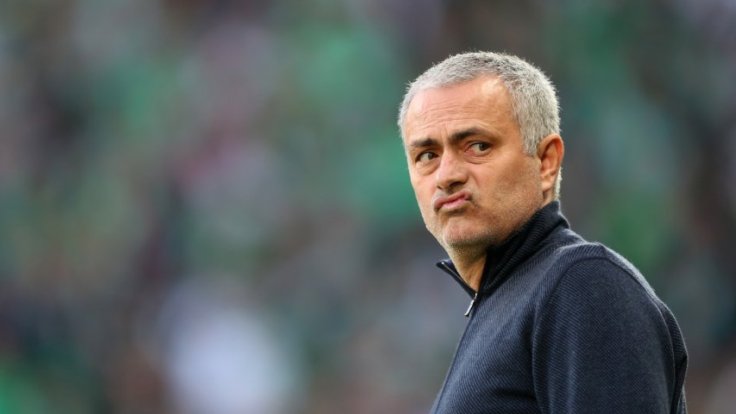
The lingering after-effects of the Fifa World Cup 2018 on the Premier League could be significant if the likes of Jose Mourinho are to be believed.
The World Cup was a source of joy for the English football team. The Three Lions went all the way to the semi-final for only the third time in its history. In doing so they sparked a lot of adulation for its performances.
However, the upcoming season of the Premier League begins less than six weeks after the World Cup final with Manchester United and Leicester City will be playing the opening match on August 11.
Between the World Cup final and the start of the Premier League, there is the matter of pre-season training. This period is perhaps the most important time for a club's season.
Team building drills and tactical planning can be done before the frenetic pace of three to four competitions hits every team from August to May/June. There is also the commercial consideration of touring the USA for glamorous friendlies.
Jose Mourinho, the Manchester United manager, believes there is too much quietness at his club due to the absence of frontline options in the form of Paul Pogba, Jesse Lingard, Marcus Rashford and Marouane Fellaini who played till the final weekend of the World Cup. Mourinho has said that they would need more time to recover than the sanctioned break.
The Portuguese tactician believes that would give an advantage to United's immediate opponents — Leicester and Burnley — who have been unaffected by players going to the World Cup. United's third Premier League match against Tottenham Hotspur, Mourinho reckons, would only be a match of equals as the Spurs had nine players who played in the World Cup semi-finals including their captain, Hugo Lloris who ultimately lifted the trophy on July 15.
There has not been a similar rant from Tottenham Hotspur about the World Cup affecting their title aspirations.
One would imagine that sooner or later if these two clubs and others have a rocky start to their season then Mourinho would not be alone expressing displeasure at the scheduling of the World Cup and the Premier League.
The league is one where pressure can pile up quite quickly after a couple of losses. No one wants to be in the hot seat then.
UEFA Nations League to add more pressure on league heavyweights?
Also, the UEFA Nations League, which will replace international friendlies for European sides from this season onwards, could mean that fans will give more attention to the fates of the national teams. The matches will also act as a form of qualifications for Euro 2020 meaning every international match between European teams in the near future will have something riding on it.
The league has been criticised for placing such heavyweight clashes on a regular basis this season. However, the concepts of promotion and relegation mean that this disparity can be rectified and reward teams which perform well continuously. There is no basis of resting on one's laurels and historicity.
UEFA Euro 2020 will take place in multiple countries meaning no country will qualify as hosts for the tournament. The qualification process will now start from March 2019 instead of September 2018. The 55 members would be drawn into 10 groups after the completion of the UEFA Nations League.
From September 2018 to June 2019, the UEFA Nations League will take place. 55 nations affiliated with Europe include the recent inductee Kosovo will be playing in four 'leagues'.
There will be 12 teams in League A, 12 teams in League B, 15 teams in League C, and 16 teams in League D. The division is on the basis of UEFA national team coefficient after the 2018 World Cup qualifiers, excluding the playoffs.
In the top division League A, the winners of the four groups go on to play in the Nations League Finals next year, with two semi-finals and one final to determine the UEFA Nations League champion.
Teams can also be promoted and relegated. Each group winner is promoted to the next higher division for the next tournament. Each team placed last in its group is automatically relegated to the next lower division.
League A features the top 12 UEFA national teams. Group 1 has France, Germany, and Netherlands and Group 4 has Spain, England and Croatia has among the more interesting match-ups.
As of now, five groups of five teams and five groups of six teams, with the four UEFA Nations League Finals participants guaranteed to be drawn into the groups of five teams. The top two teams in each group would qualify for the European Championship.
16 more teams will qualify for the tournament via playoffs. That too will take the form of four groups with each group winner progressing to the tournament.









